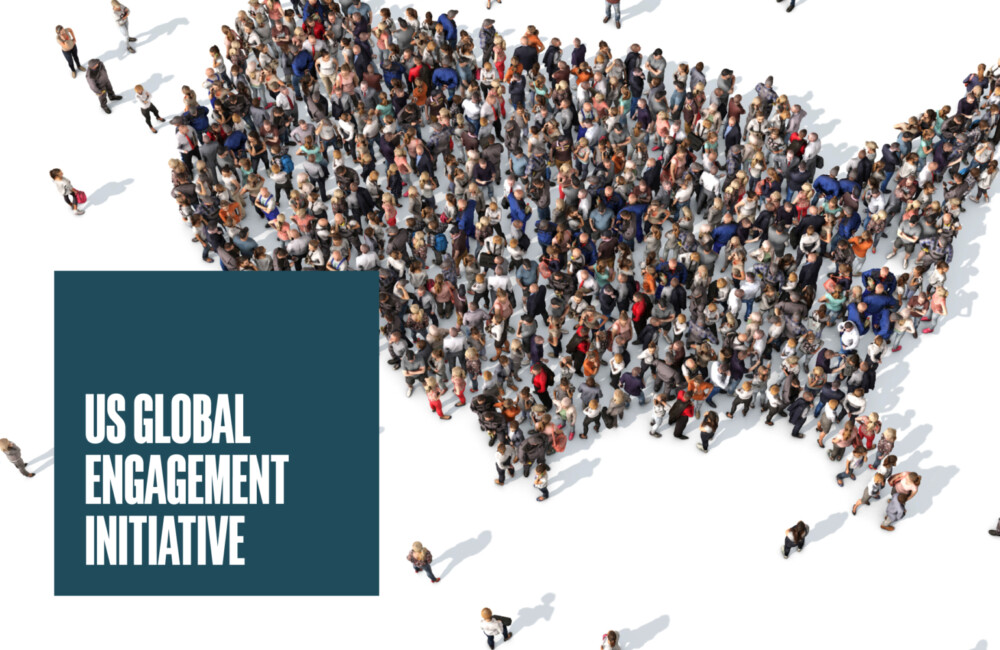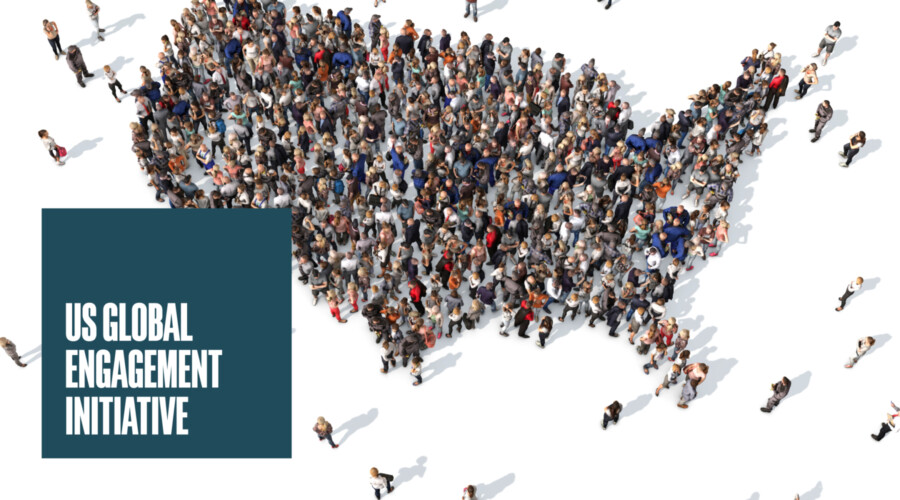This article was originally published on the Ethics & International Affairs blog on July 6, 2018.
Lawrence Freedman has authored a fascinating essay, "Authentic Trump versus the Trump Administration: Donald Trump as Foreign Policy Disrupter." It raises questions that have been echoed in this forum as well—such as the discussion held at CCEIA in June with Kori Schake and Colin Dueck. (And for those interested, my own commentary on these matters as well.) This concept of Trump as a "disrupter" aligns with Schake’s description of the President as a "wrecking ball" who is exposing how strong (or how weak) the foundations of the current international order are. (A forthcoming essay by Amitai Etzioni in the summer 2018 issue of the Fletcher Forum of World Affairs addresses the future of the "LIO" (liberal international order) in an age when the nation-state is acquiring greater salience.)
Freedman makes points that some who hope that what is currently happening in world events is but a minor blip whose consequences can be easily reversed will find uncomfortable.
Trump has not grown into the presidency but instead has allowed the presidency to reflect his character. This character was not shaped through public service or elected office, but instead by a playboy lifestyle, real estate deals, a popular TV show, and a talent for controversy. This explains his interest in his ratings and dominating the news agenda, however outrageous or incorrect his tweets, and his reliance upon Fox News for his information while he avoids official documents of any length. His chaotic style of management, with his supporting staff churning regularly, adds to the unpredictability and disruptive behavior. It may well be that behind the showmanship and egotism the wheels of government grind on as before, producing formal policies that display remarkable continuity with the past. But on occasion the Authentic Trump comes through, shifting U.S. policy in new and often disruptive directions.
The Authentic Trump has a transactional approach, with outcomes often expressed in zero-sum terms, so that what one gains the other must lose. The framework is always the ‘deal,’ which will be a reflection of negotiating skill and instinctive judgment, as well as the issues at stake and the relevant power balances. Thus if the country has gone wrong in the past it was because of bad deals; things will be better in the future because of good deals, which he, Trump, is uniquely able to deliver. The logic of this is for other states engaging with Trump to let him claim victory, but this does not really work because these other leaders have to sell the results of their negotiations back home, and usually Trump's demands simply cannot be met with symbolic but largely meaningless gestures.
But Trump and Trumpism cannot simply be dismissed or ignored by other states and their leaders. However tempted they might be to treat with him contempt and dismiss his demands, this approach carries obvious pitfalls. Because of the U.S. role in in international trade and finance, his most vexatious threats and demands must be addressed. His domestic opponents wish him to fail, and can give reasons why his demands will be rebuffed and prompt damaging counter-measures. But because other countries are obliged to address the realities of American power he may still get results.
The slogan of 'America First' is entirely consistent with belief in zero-sum transactions and the primacy of the deal. It establishes the President’s role as negotiator-in-chief. He claims he is needed because in the past others have exploited U.S. goodwill and its readiness to accept responsibilities for their prosperity and security. He presents the U.S. as having been suckered by its supposed friends and partners as well as by its enemies and rivals. The U.S. has put disproportionate resources into collective defense and has suffered from unfair trade.
There are serious conceptual and empirical problems with this worldview, but not all of it is fanciful and it has substantial support in the United States.
This also begs the question: when the wrecking ball or the disrupter has passed, what then? Is the response renovation and rehabilitation of what was, or the construction of something new? Will we speak of the policy generation of the 2020s as "present at the creation" of a new system of international affairs, like their predecessors post-1815 Vienna and post-World War II (the Bretton Woods/Dumbarton Oaks system)?


